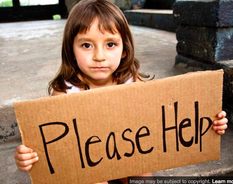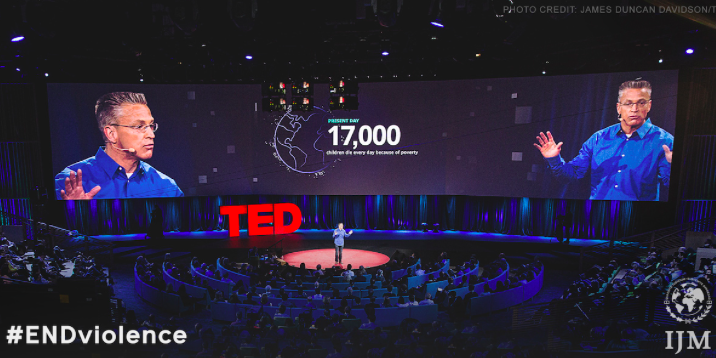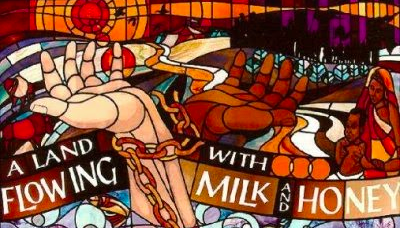|
Gary Haugen, President and CEO of International Justice Mission, raises an important point:
Gary points out that for poverty to be eradicated, decreased, or lessened for individuals and communities, everyday violence needs to be addressed first. Good intentions, targeted anti-poverty programs, and crisis services are nice and fill a need, but they will not, ultimately, bring an end to poverty. Building a school in an impoverished global city is a good thing, but it does not good for the young girls who need to walk to school if that walk endangers their lives. As I heard Gary's TED Talk and read his book, The Locust Effect, I could not help but think locally as I serve as a pastor in a very poor community in New Haven, CT, called The Hill. Violence is an everyday threat to good families, adults, teens, and children who are seeking to manage messy, difficult lives in order to have any sense of a good future.
International Justice Mission is an organization that seeks to rescue victims of violence, sexual exploitation, slavery and and protect the poor from violence throughout the developing world.
0 Comments
Dangerous Sunday Morning Devotion: Can’t benefit from the milk if your can’t handle lactose8/16/2015
A while ago, I was reading a novel about the investigation of a mysterious plane crash. It was a great read. Enjoyed it immensely. It was entitled Crashers, written by Dana Haynes. “Crashers” is the name given to Go-Teams who are sent in immediately to investigate airline plane crashes, leading experts from specific fields vested in determining the cause of the crash, so it never happens again. In the midst of the storyline, a character, not necessarily religious, ponders a rather curious thought that got me thinking about the church and the poor. She said, "Land of milk and honey . . . Bloody lot of good it does if you can’t handle lactose and you’ve got diabetes to boot."
 Children who live in poverty are
“Everyone should just pull up their bootstraps and get to work, then they won’t be dependent on government or charity.” How many times do I hear this or something akin to it in words and attitude? Problem is, some people don’t even have boots; and some don’t even live long enough to put on these mysteriously, magically appearing boots. (As if everyone is born with these boots.) But enough of the clichés. Fact is we all certainly not on the same playing field; some experience major setbacks, obstacles, and barriers that prevent them from playing the game well, even on the field they have. (Sorry for another cliché and metaphor, but you get the point.) Children—at least the children that make up these demographic profiles—do not have the same level of access to the advantages of our own constitutional rights and economy. To put it in biblical terms, there are unjust situations within our communities that prevent children from growing up, getting an even start out in life, that oppress their abilities to access the same advantages of other children. Might this be what Isaiah meant when he rebuked Israel? “So as to deprive the needy of justice In light of facts like those listed above, we, too, should hear the prophet’s words, “Now what will you do in the day of punishment?” (Isaiah 10:3a). Perhaps, considering what you will do in these days can be a remedy for our indifference and privileged arrogance and the blight of those living with disadvantage.
|
AuthorChip M. Anderson, advocate for biblical social action; pastor of an urban church plant in the Hill neighborhood of New Haven, CT; husband, father, author, former Greek & NT professor; and, 19 years involved with social action. Archives
February 2024
Categories
All
|
Pages |
More Pages |
|


 RSS Feed
RSS Feed